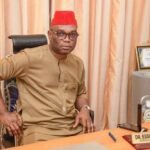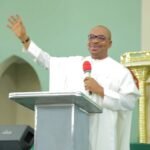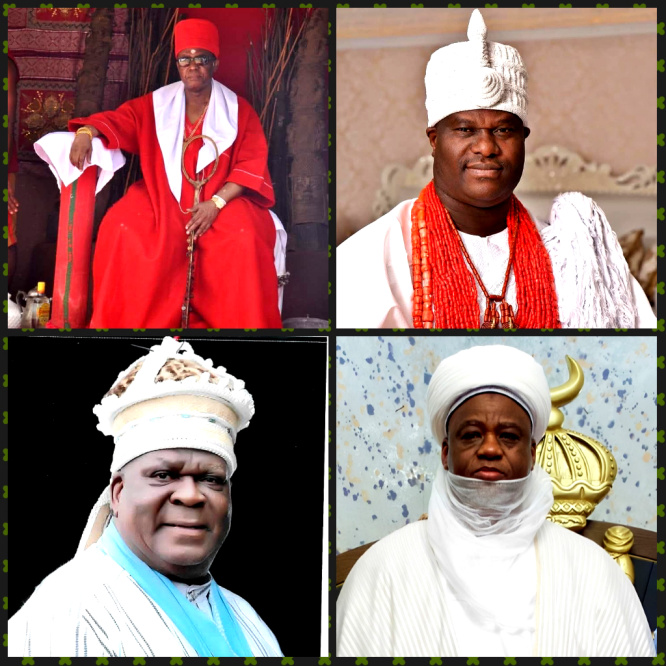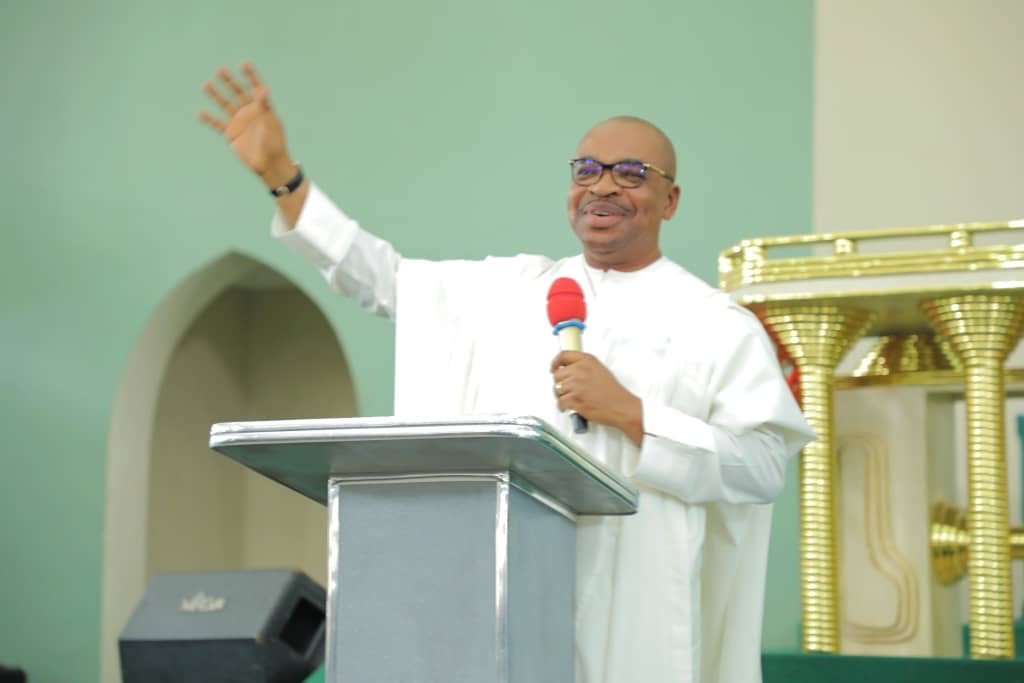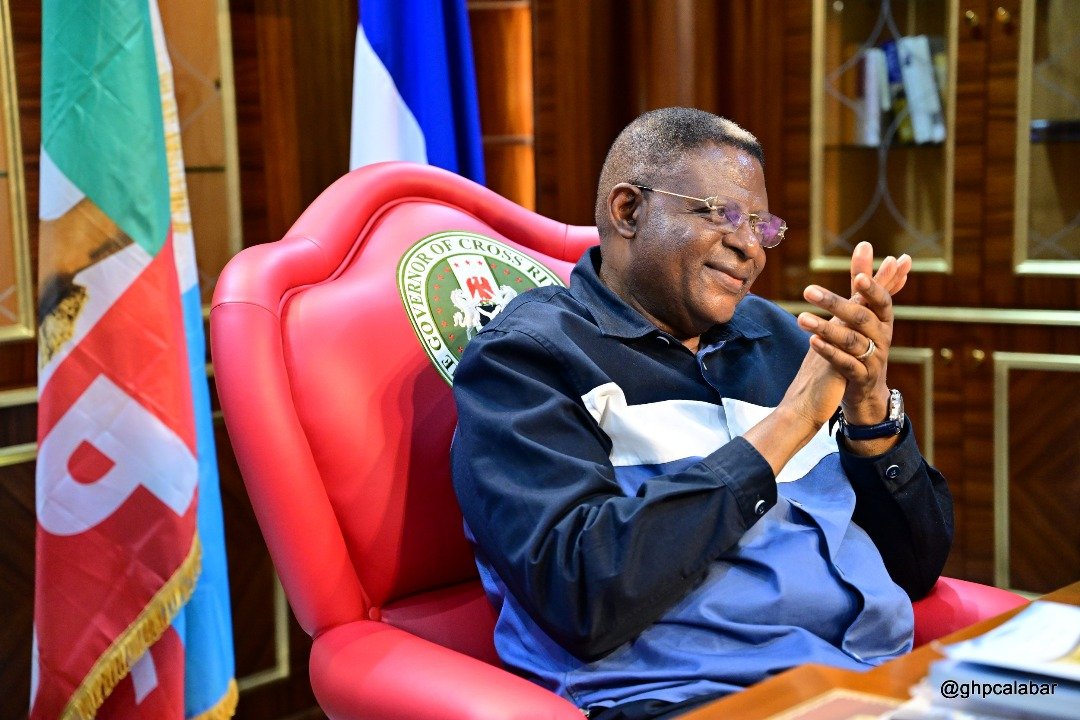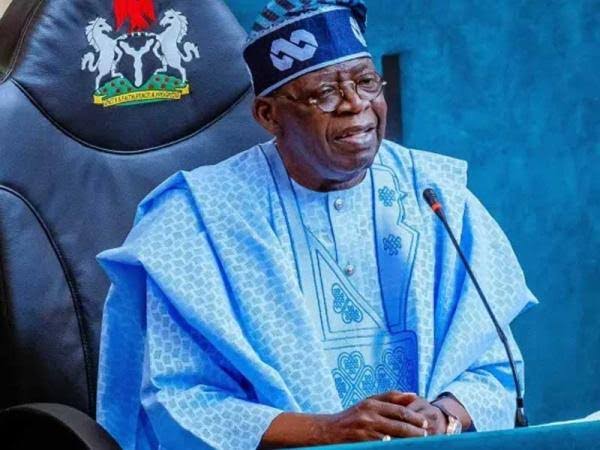By Ogar Emmanuel Oko
This piece was almost concluded and billed for publication on August 9th. However, due to the vicissitudes of life, it has tarried until now. On that fateful Saturday, August 9th, I left for my usual exercise. Upon returning, I was informed of the demise of my older brother, Mr. Ogar Solomon Ogar, alias Solomon Island. I was disoriented, mystified, and at a loss. I abandoned nearly all the editorial jobs on my desk. Nevertheless, let me briefly pause my mourning in order to push out this piece.
That said, Nigeria is a nation of deep-rooted diversity, with over 250 ethnic groups, strong regional identities, multiple religious affiliations, and rich cultural and traditional practices. Yet, the philosophical principles of pan-Nigerianism—championed by our foremost nationalists such as Obafemi Awolowo, Nnamdi Azikiwe, and Ahmadu Bello—were fundamentally aimed at fostering unity and cooperation among the country’s federating constituents.
In the United States of America, citizens are proud to first identify themselves as Americans before specifying whether they are New Yorkers or Texans. The same applies in most developed nations. However, in Nigeria, due to deep-seated animosity, ethnic superiority agendas, religious intolerance, skewed historical narratives, strained social interactions, cultural heritage biases, indoctrination, and perverse orientations, the average Nigerian identifies himself primarily by his tribal origin—the language of his forebears.
For instance, when asked about their identity, many Nigerians are quick to respond in terms of ethnicity: “I am Yala,” “I am Yoruba,” or “I am Hausa.” This reveals how people place premium value on their tribes before considering the nation.
Yes, it is no news that many lofty ideas conceived by men of goodwill for the betterment of the nation have, since the amalgamation of the Southern and Northern Protectorates, often ended up further balkanizing the country. Not a few individuals have made efforts to prevent Nigeria’s disintegration. Unfortunately, some of these efforts have been counterproductive—ignorantly weakening the already strained fibres of unity, diversity, and egalitarianism.
Yet, the Nigerian project must not be abandoned. If other nations can rise above ethnicity, creed, and region to forge a collective identity, then Nigerians must also summon the will to place Nigeria first. Until we do so, the dream of building a strong, united, and prosperous nation will remain a mirage.
In the Senate, National Council for Traditional Rulers of Nigeria (NCTRN)(Establishment) Bill, 2024 is already showing the potential of setting the country ablaze. The Bill is under review by the Senate Committee on Establishment and Public Service. It proposes to institutionalise the Sultan of Sokoto and the Ooni of Ife as permanent co-chairmen of the NCTRN. It is being sponsored by the former governor of Plateau State, Sen. Simon Lalong, who represents Plateau South in the Red Chamber.
The rationale behind the birthing of this bill is flawed from its foundation; its logic is lame, and its intent is divisive ab initio. Proposing the Ooni and the Sultan to lord over the NCTRN in a permanent setting is an affront, discriminatory, and an attempt to reduce the reputation, honour, and value of other prominent traditional rulers in the estimation of their subjects. This bill seeks to downgrade other kings who had historical impact in their native lands before the colonial era and amalgamation.
It seems Sen. Lalong didn’t do his due diligence beforehand. Had he done so, he would have known that the variables of his formula are totally incompatible, unalignable, and unacceptable. What are the parameters used in choosing the proposed permanent co-chairs for the NCTRN? Seniority? Oldest throne? Influence? Population? Authority? Or what?
Historically, if we consider origin and authority, this is how it should appear: the Oba of Benin, the Ooni of Ife, and the Alaafin of Oyo. These are the oldest thrones, predating colonial imperialism by centuries (though Benin and Oyo were empires). They are followed by the Obong of Calabar, the Obi of Onitsha, and the Sultan of the Sokoto Caliphate. The Benin dynasty originated in the 11th century and is the oldest. Based on authority, it represents an ancient monarchy as well as a political and cultural empire.
The Ooni of Ife, also founded in the 11th century by the Oduduwa lineage, is regarded as the spiritual father and cradle of Yoruba civilization. The Alaafin of Oyo emerged in the 14th century within the Oyo Empire, established by Oranmiyan as the imperial ruler and political head of the Yoruba race.
The Obong of Calabar throne was established in the 16th century by the Efik. Calabar became the hub of trans-Atlantic trade and the anchor point of Christian missionary activity. The Obong is a natural ruler, a treaty king, and the symbol of Efik cultural identity.
Also in the 16th century, the throne of the Obi of Onitsha was founded. The throne embodies centralized Igbo kingship and serves as a cultural custodian.
The Sokoto Caliphate, with the Sultan as its head, is the youngest of all. It was established in 1804 through Usman Dan Fodio’s jihad. The Sultan functions in dual capacities—as both a monarch and the religious leader of Nigerian Muslims.
Comparatively, and by all standards, none of the monarchs qualifies to be placed above another. Therefore, the NCTRN should either be discarded or amended to give all monarchs equal opportunity in the interest of equity, fairness, and justice — rotational leadership of NCTRN is indispensable if the bill must be accepted.
Comr. Ogar Emmanuel Oko
Publisher of the Rabbit Punch
Writes from Calabar
